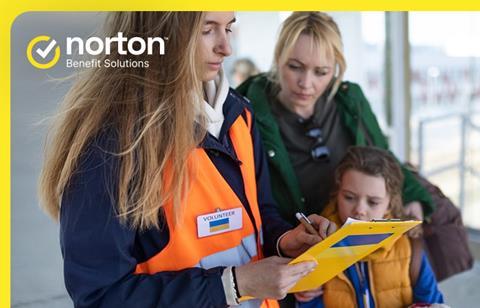
Fires, hurricanes, other disasters are opportunities for scams
Neighbours helping neighbours, communities rallying together, donations piling up—disasters often bring out the best in people. Unfortunately, they also create opportunities for fraudsters to exploit both victims and those looking for help.
From imitating emergency relief to creating fake fundraisers, disaster victims and their families need to be on the lookout for those with ill intentions. Here’s how to better protect yourself and your loved ones from disaster-related scams.
Preying on the Givers
Emergency relief or a scam?
When disaster strikes, many people turn to emergency relief groups for assistance. Scammers often impersonate these legitimate relief organisations by setting up fake websites, social media pages, or phone banks to solicit donations. The more aggressive the appeal, the more sceptical you should be. To stay safe:
- Research before donating. Choose organisations with a track record of disaster relief.
- Check for reviews, ratings, and legitimacy through trusted sources like Charity Navigator.
- Skim social media pages for rushed or suspicious activity.
Fraudulent fundraisers
Fake crowdfunding campaigns can look convincing, featuring emotional stories and images to encourage donations. Before contributing:
- Verify the authenticity of the campaign through news reports or social media.
- Look for inconsistencies or red flags
- Trust your instincts. If something seems off, don’t donate.
Preying on the Victims
Stealing the little that’s left
Scammers may also target disaster victims, taking advantage of their vulnerability when seeking aid. Keep in mind:
- Don’t share personal info - Legitimate disaster relief agencies won’t ask for financial details via phone, email, or text.
- No payments required - Official relief programmes don’t charge fees for applications or assistance.
- Verify identities - Door-to-door agents must carry official identification and won’t request money.
- Monitor accounts - Stay alert for suspicious activity in financial or personal accounts.
The elderly can be particularly vulnerable to disaster-related scams. If you have elderly friends or family members, encourage them to avoid sharing personal details over the phone or with uninvited visitors claiming to offer aid.
Rental ruse
The aftermath of natural disasters such as fires, hurricanes, and other calamities can make it difficult to find housing. Scammers know how to take advantage of this by posting fake rental listings online. To avoid falling victim:
- Verify the property exists before making payments.
- Meet the landlord and visit the property in person.
- Be cautious of deals that seem too good to be true.
Stay Vigilant
Disasters can bring out both the best and worst in people. Whether donating or affected by a disaster, remember to:
- Stay informed.
- Verify information before acting.
- Be cautious and trust your instincts.
Protect yourself and those you love from falling victim to disaster-related fraud. It’s essential to give sensibly and safely.
Please note: If you encounter a scam or suspect fraudulent activity, report it to the proper authorities or your local law enforcement agency. Your report can help protect others from falling victim to similar scams.
Learn more about protecting yourself from disaster-related scams by visiting uk.Norton.com.
Norton Benefit Solutions offers a digital wellness benefit that helps empower employees with protection for their identity, devices, and online privacy.




